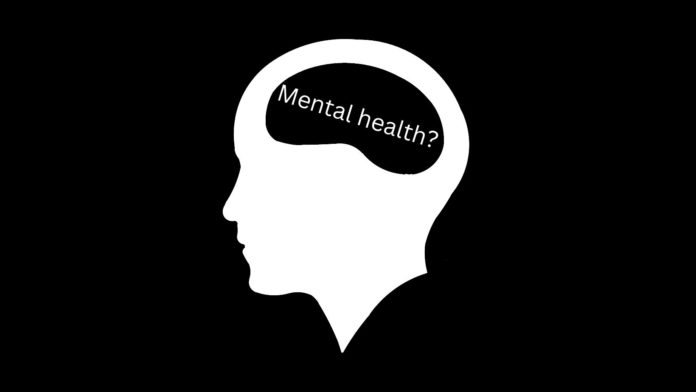During his 17-year career in the Canadian military, Michael Daniel rose to the rank of master corporal, which often put him in stressful situations.
From working at the Infantry School at Base Gagetown where explosives are stored, to mentoring his young subordinates in realistic training exercises, this kind of work has created hypervigilance in troop members like himself, a symptom of Post-Traumatic Stress Disorder.
The now-retired army member is a third-year criminology student at St. Thomas University. Reflecting on his time in the army, Daniel said it’s difficult to ask for help regarding his mental health both within the armed forces and outside as a student.
“You struggle in silence and sorted it out at the lowest levels. No one wanted to be one of those guys who was always going to the base clinic for something small to get out of doing work — we called those guys MIR [Medical Inspection Room] Commandos,” he said.
“It was hard to get the help for mental health if you didn’t deploy to Afghanistan. Your problems weren’t the same compared to someone who got blown up [by an IED]. You got put onto the back burner when you saw a counsellor.”
On Jan. 24, the Bell Let’s Talk Day gave student athletes a chance to open difficult discussions about mental health. But for many retired soldiers who have returned to school in Fredericton — often trying to rebuild their lives while struggling with PTSD — explaining their situations to much younger students in a progressive milieu can be a bridge too far.
Daniel said it’s important for other students to remember that their classmates may have different experiences.
“What we learned to do, things we’ve done, our experiences forged us into who we are today. We have a different way of seeing the world, especially at a young age.”
Nine years after joining the army, the Toronto native transferred to the Air Force and became an air weapons systems technician, working on frontline fighter jets like the CF-18 Hornet and the new CH-148 Cyclone helicopters. That’s when his conversations with his leadership changed for the better.
“If I had a problem and needed to see a professional, there were no questions asked and I had the support I needed from my bosses,” he said. “We were the rapid response unit. Everyone needed to be 100 per cent, both mentally and physically fit when we needed to scramble those jets.”
Daniel was also impacted by the 2020 helicopter crash that claimed six lives from the HMCS Fredericton off the coast of Greece. The helicopter in question was based in Shearwater, N.S. and Daniel knew the whole flight crew.
“When you work in a tight-knit unit, losses like that can affect everyone from all ranks and positions, even in peacetime.”
In 2021, Daniel retired from the military due to personal family matters and applied to STU to pursue a degree in history and criminology. Studying or working on assignments helps keep his mind busy. Still, he said he has his moments.
“If things get bad and I’m struggling, I’ll usually play video games. If that doesn’t work, I’ll put on some anime shows and use some medical cannabis to calm down on those really bad days. We are taught to do tactical breathing — four seconds inhale, four seconds hold, four seconds exhale, then a four second break. Do that four times.”
He said the government needs to allocate more money for social workers, psychologists and infrastructure for people who need mental health help.
“Gratification goes a long way. That recognition of a job well done and an act of thanks may be small, but it might mean the world to someone.”

